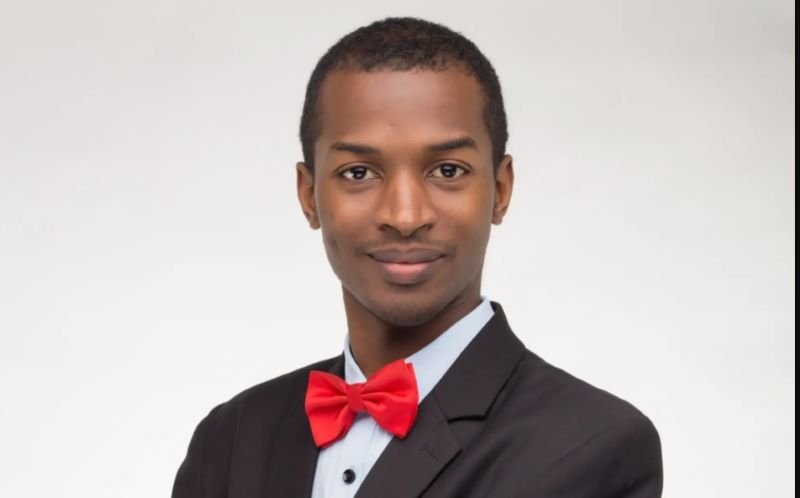PROMINENT Nigerian activist and online commentator, Bello Habib Galadanci, widely known as Dan Bello, has opened up about his brief detention by security operatives at Malam Aminu Kano International Airport (MAKIA) upon his arrival from China over the weekend.
In a no-holds-barred interview with DCL Hausa, a popular podcast platform, Dan Bello recounted how he was intercepted by unidentified security agents shortly after landing in Kano on Saturday, July 12.
“They approached me, took my passport and asked me to get into a car,” Bello narrated. “There was no explanation, no arrest warrant, just quiet instructions. But then Barrister Abba Hikima arrived and engaged them in a very lengthy discussion. After about an hour and a half, they let me go.”
Despite the intimidating nature of the incident, Dan Bello remained composed and unfazed, revealing that he had anticipated such an encounter based on his outspoken activism and public criticism of influential figures in Nigeria.
“Honestly, I came prepared with my prison wears because this is Nigeria,” Bello said with a mix of sarcasm and resignation. “When you speak out like I do, you don’t rule anything out.”
His remarks reflect the climate of fear and suspicion that often trails activists and whistleblowers in Nigeria, many of whom have faced surveillance, arrests, or prosecution for their online statements.
=
As of the time of this report, no federal security agency has issued a statement clarifying the reasons behind Bello’s temporary detention or whether there is an active investigation against him. The ambiguity surrounding the incident has raised fresh concerns about the use of state power to intimidate dissenting voices.
Observers say the lack of transparency and due process may reinforce growing fears about civil liberties and the rule of law under the current political climate.
Dan Bello, who currently resides in China, has garnered a massive social media following for his explosive videos that expose alleged corruption, abuse of power, and mismanagement in Nigerian public institutions.
From calling out state officials and religious leaders, to questioning misappropriation of funds, Bello has consistently used his platforms to spark national debates, often walking the line between fearless advocacy and controversial confrontation.
Though often praised for his courage, his work has drawn powerful enemies, and sources close to him suggest he may have been on a security watchlist before his return to Nigeria.
Following the news of his release, supporters took to social media platforms to express relief and solidarity. Hashtags like #FreeDanBello and #JusticeForBello trended briefly as concerned followers called for transparency.
In his interview, Bello thanked his supporters and urged them to remain calm but vigilant.
“I am safe now. There’s no need to panic,” he said. “Let’s keep praying for Nigeria to get better. That’s why I speak out — for all of us.”
Legal analyst Barrister Amina Musa, commenting on the case, said:
“This is another grey area in Nigeria’s legal system. If a citizen is detained or taken aside for questioning, the public deserves an explanation. Otherwise, it sets a dangerous precedent.”
She added that, unless the government intends to charge Dan Bello with an offence, his brief detention could be interpreted as harassment, especially given his track record of confronting public corruption.
For now, Dan Bello remains free, but observers are watching closely to see whether his activism will trigger further legal entanglements or lead to renewed confrontation with Nigerian authorities.
Bello has not disclosed if he intends to remain in Nigeria for an extended period or return to China.
What is certain, however, is that the activist’s latest encounter with the Nigerian security establishment will only bolster his credibility among supporters and likely make him an even more prominent figure in the discourse on transparency, accountability, and civic rights in Nigeria.







